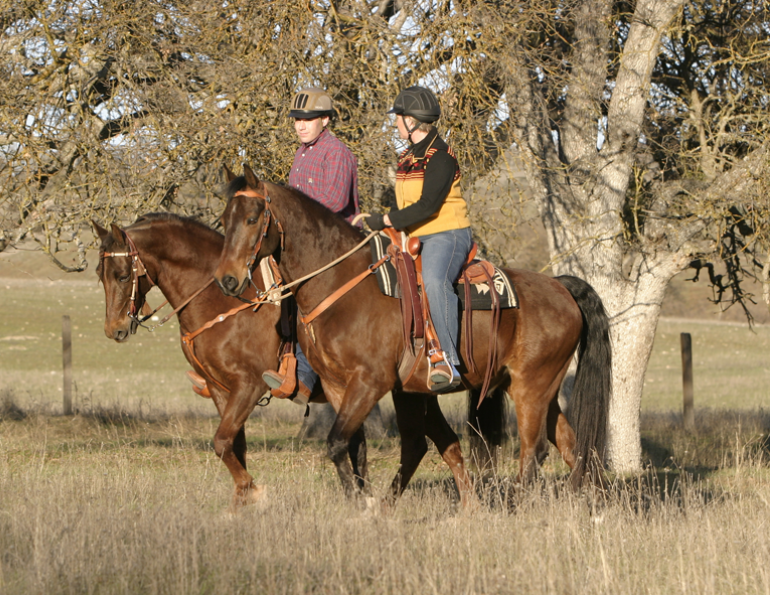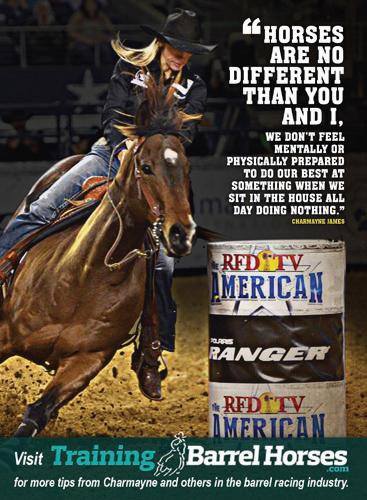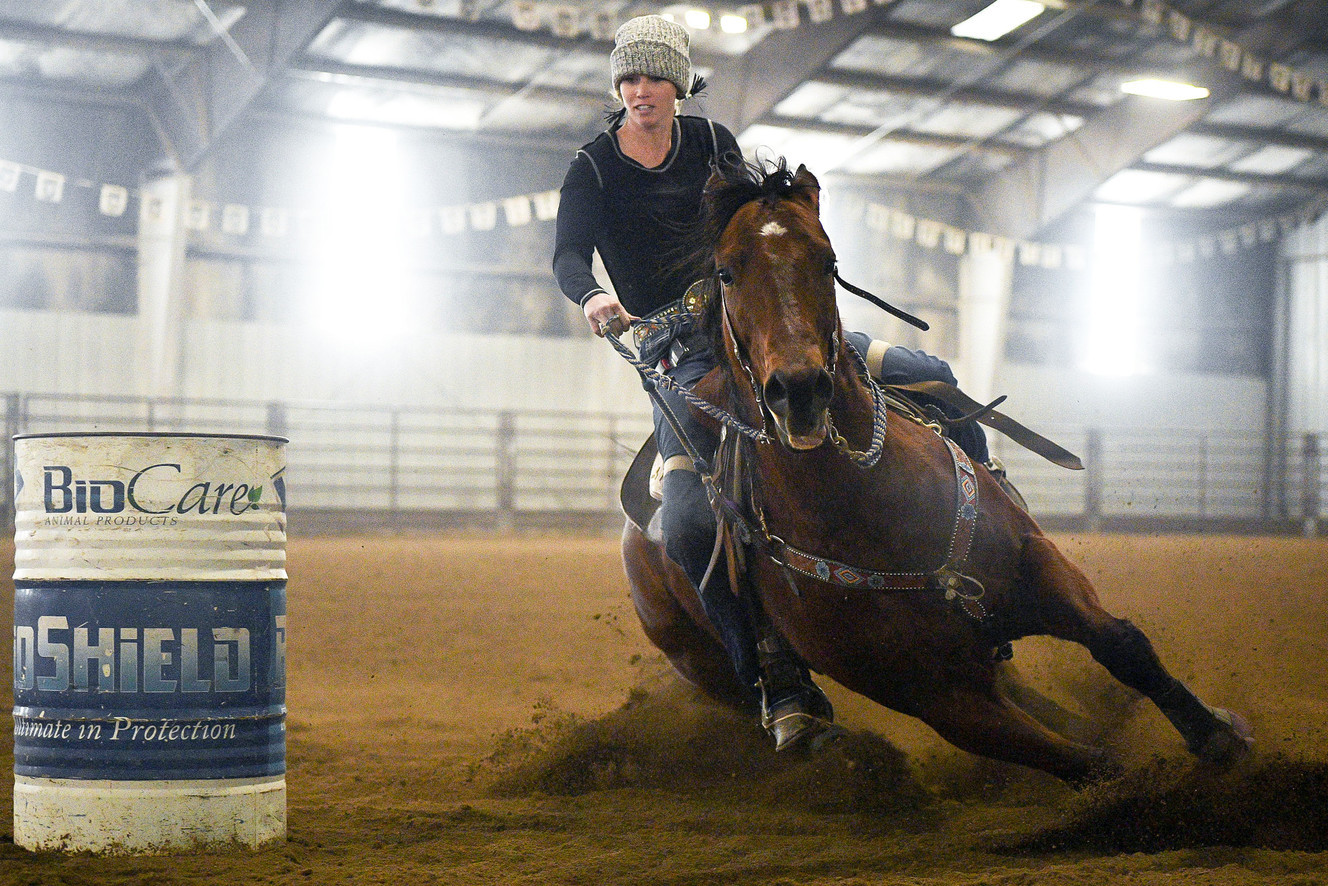The Psychology of a Rodeo Horse

Understanding the psychology of a rodeo horse is essential for appreciating the unique challenges these animals face and the training methods used to prepare them for rodeo events. This article explores the mental and emotional aspects of rodeo horses, their behavior, and how handlers work with them to ensure both performance and welfare.
Introduction

Rodeo horses are not just athletes; they are sentient beings with complex psychological traits. Their behavior during events like bronc riding or barrel racing is influenced by instinct, training, and environmental factors. Understanding these elements helps improve training techniques and promotes humane treatment.
Key Psychological Traits of Rodeo Horses
| Trait | Description |
|---|---|
| Flight Response | A natural instinct to flee from perceived threats, which is heightened in rodeo settings. |
| Sensitivity | High responsiveness to cues from riders and the environment, crucial for quick reactions. |
| Stress Reactivity | How a horse responds to stressors such as loud noises, crowds, and physical exertion. |
| Learning Ability | Capacity to learn and adapt to training routines and commands. |
Behavioral Patterns in Rodeo Horses
- Fight or Flight: Rodeo horses often exhibit a strong flight response, which is managed through careful training.
- Social Behavior: These horses may show varying degrees of social interaction, affecting their stress levels.
- Habituation: Over time, horses can become accustomed to the rodeo environment, reducing anxiety.
Training and Psychological Conditioning
Training rodeo horses involves both physical and psychological conditioning:
- Desensitization: Gradually exposing horses to rodeo stimuli to reduce fear.
- Positive Reinforcement: Using rewards to encourage desired behaviors.
- Routine Establishment: Creating consistent training schedules to build confidence.
Welfare Considerations
Understanding the psychology of rodeo horses is vital for their welfare. Stress management, proper rest, and humane handling are critical to prevent psychological and physical harm.
FAQ
Q1: How do rodeo horses cope with the stress of competition?
A1: Through gradual desensitization and consistent training, horses learn to manage stress. Handlers also monitor their well-being closely.
Q2: Are rodeo horses aggressive?
A2: Not inherently. Aggression is usually a response to fear or discomfort, which can be mitigated with proper training.
Q3: What role does the rider play in a horse’s psychological state?
A3: Riders influence horses significantly through their cues, calmness, and handling techniques.
Conclusion
The psychology of a rodeo horse encompasses instinctual behaviors, learned responses, and emotional states. By understanding these factors, trainers and riders can enhance performance while ensuring the animals’ mental and physical health.
This article structure uses tables, lists, and an FAQ section to make the content engaging and SEO-friendly, providing a thorough overview of the topic within 3000–4000 characters.
